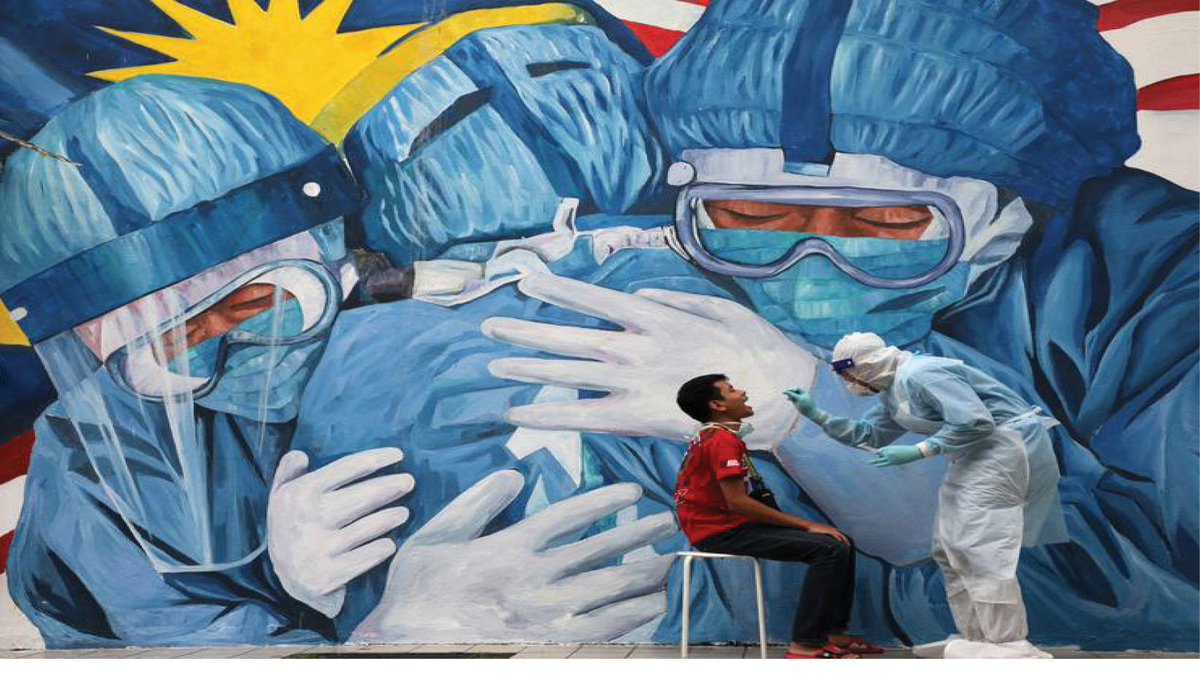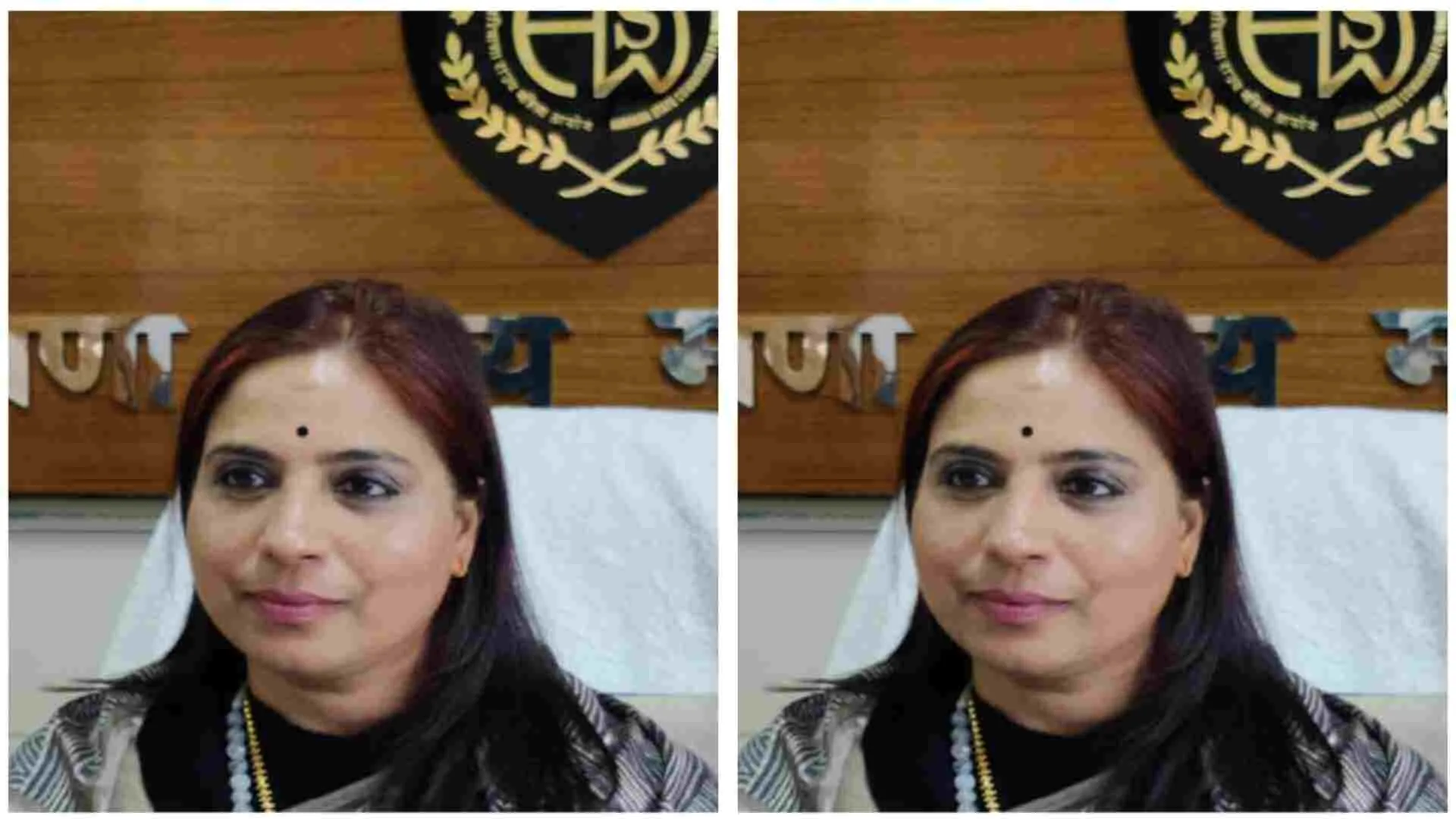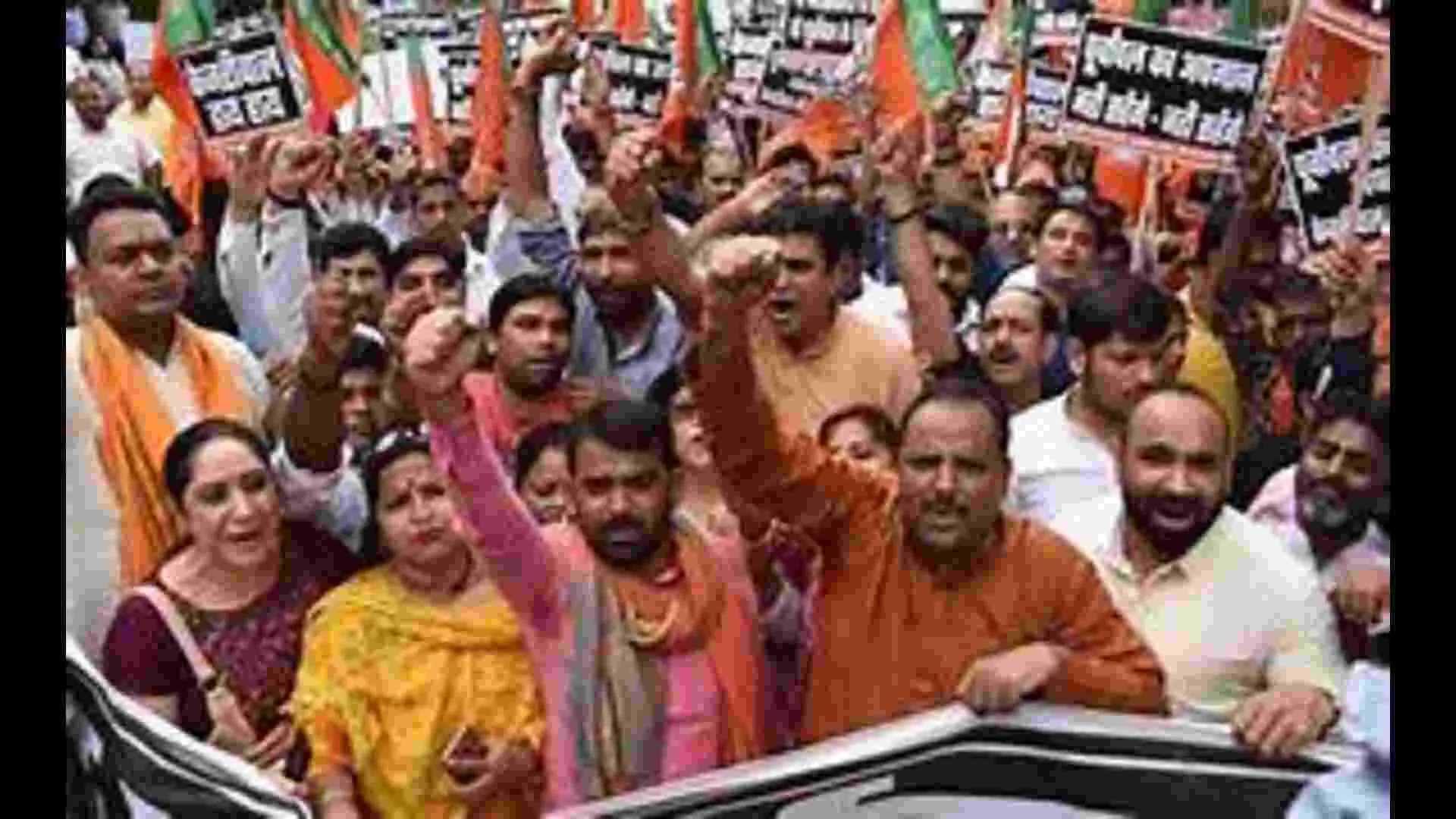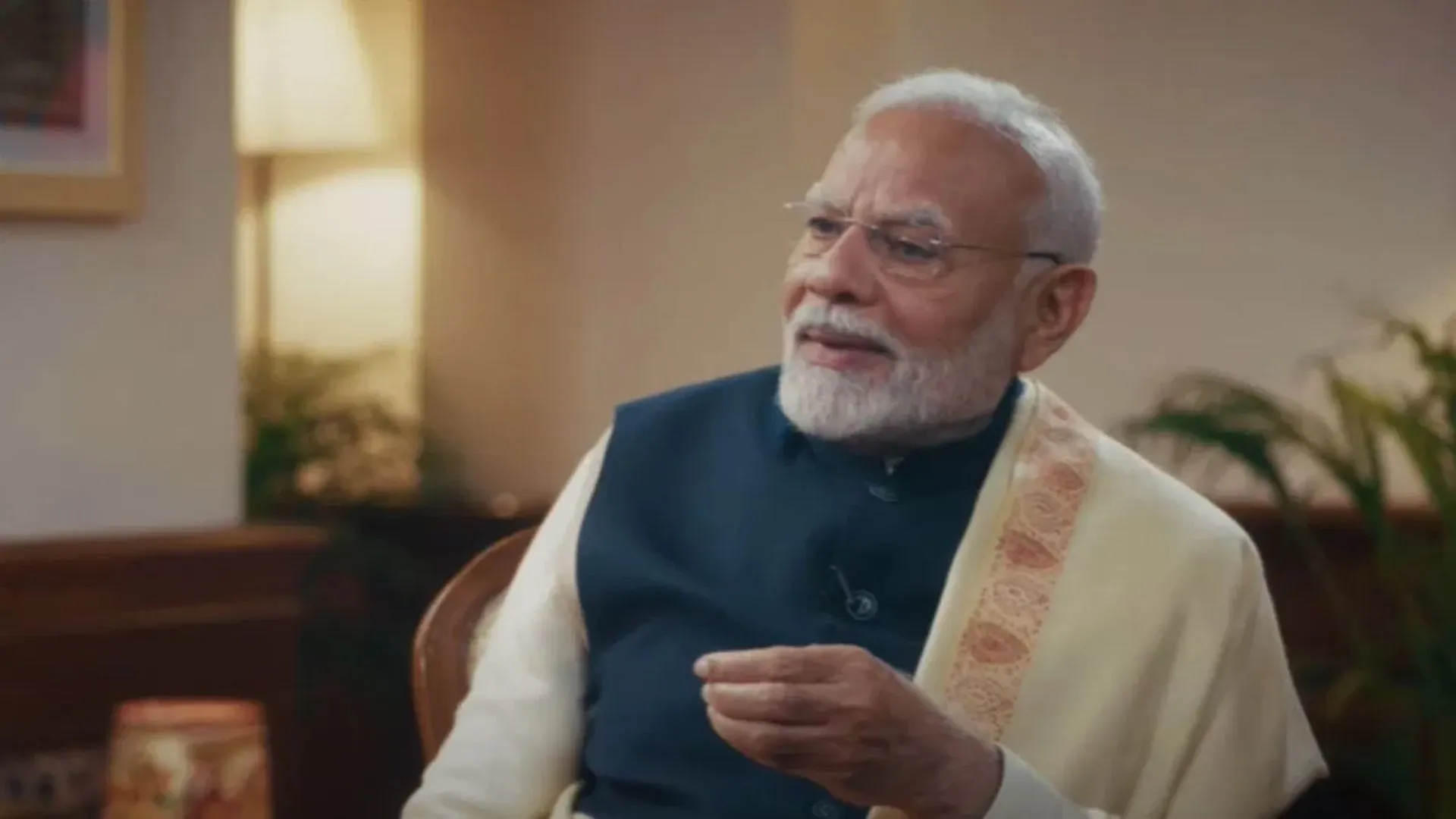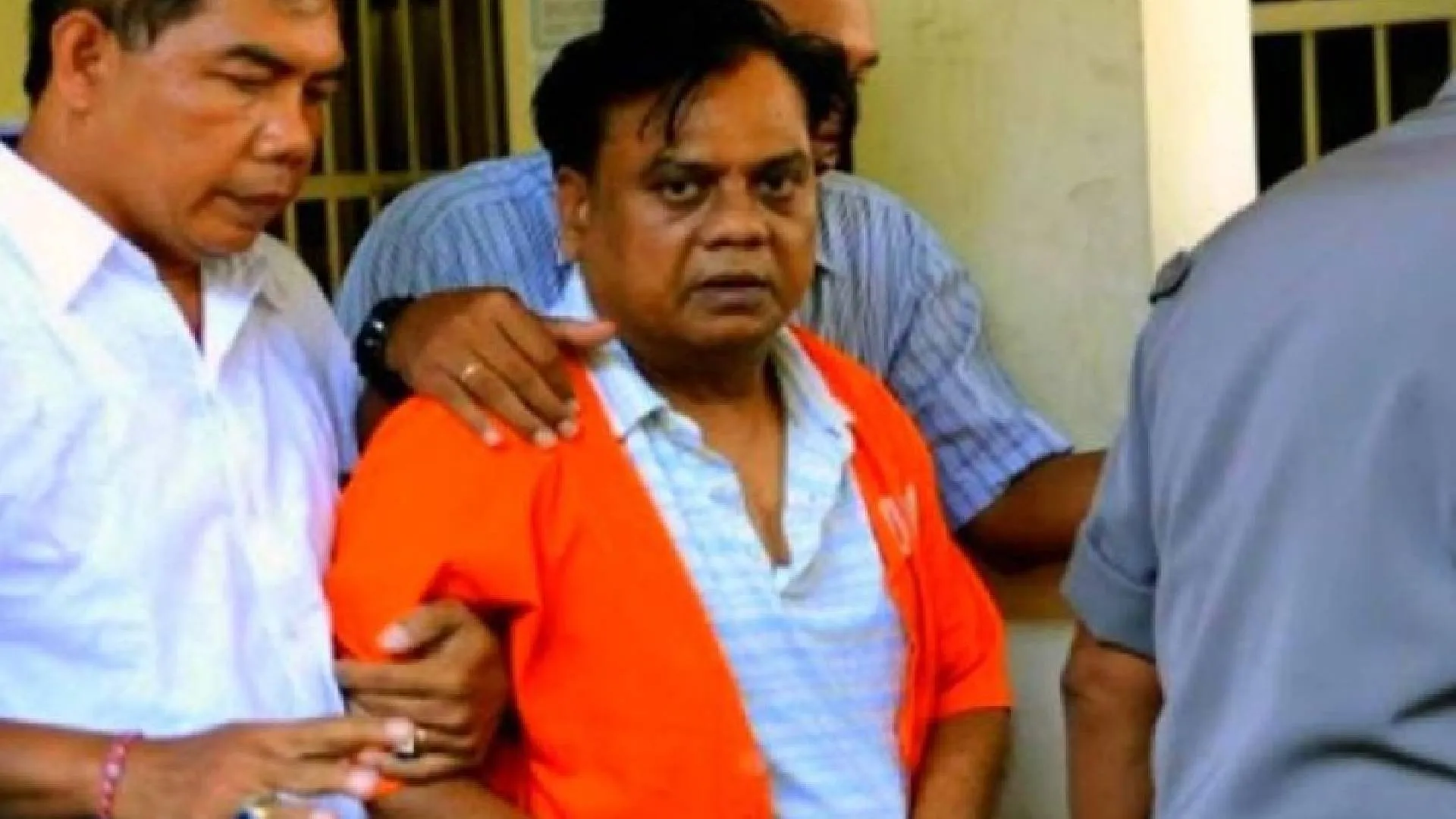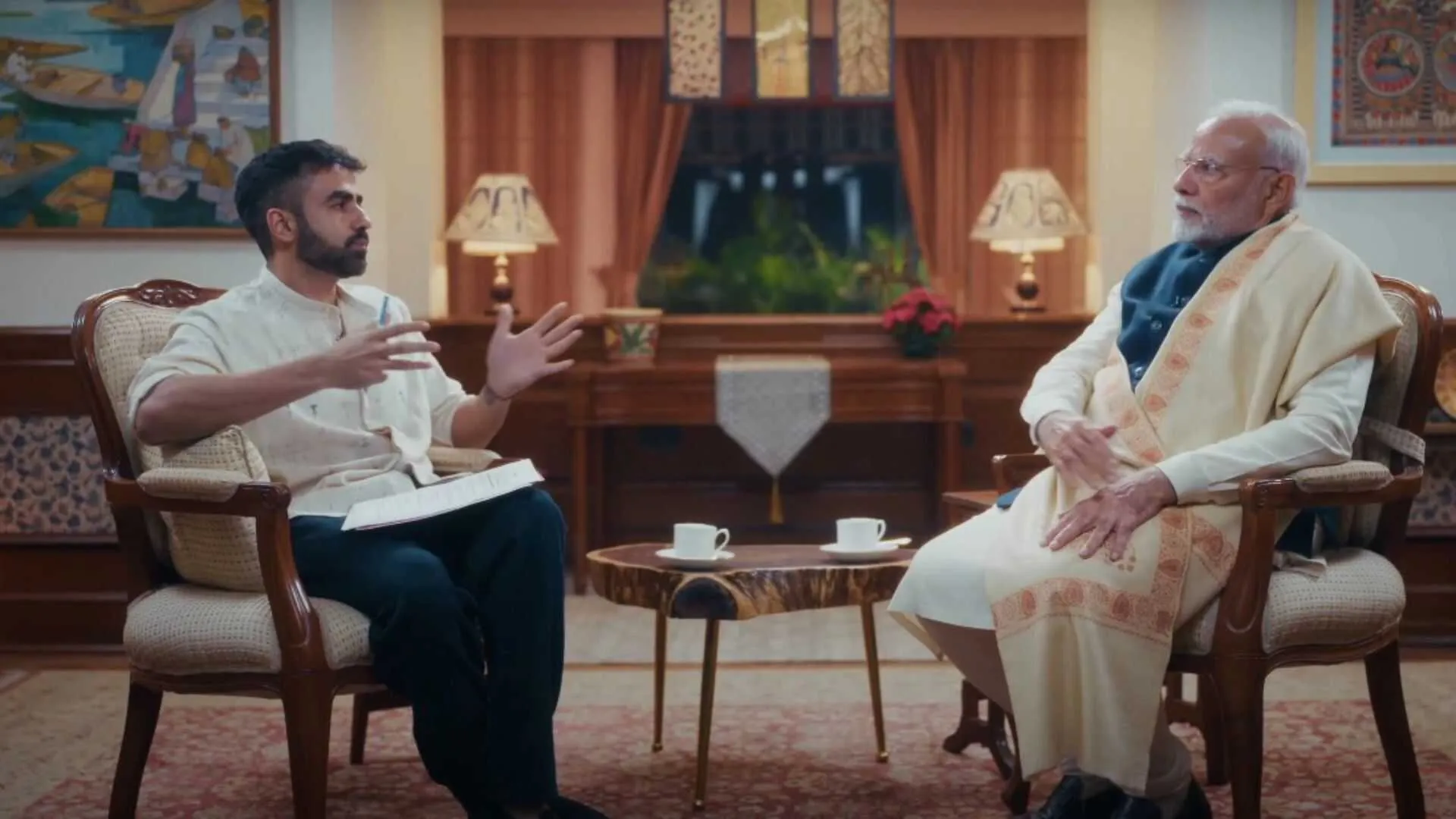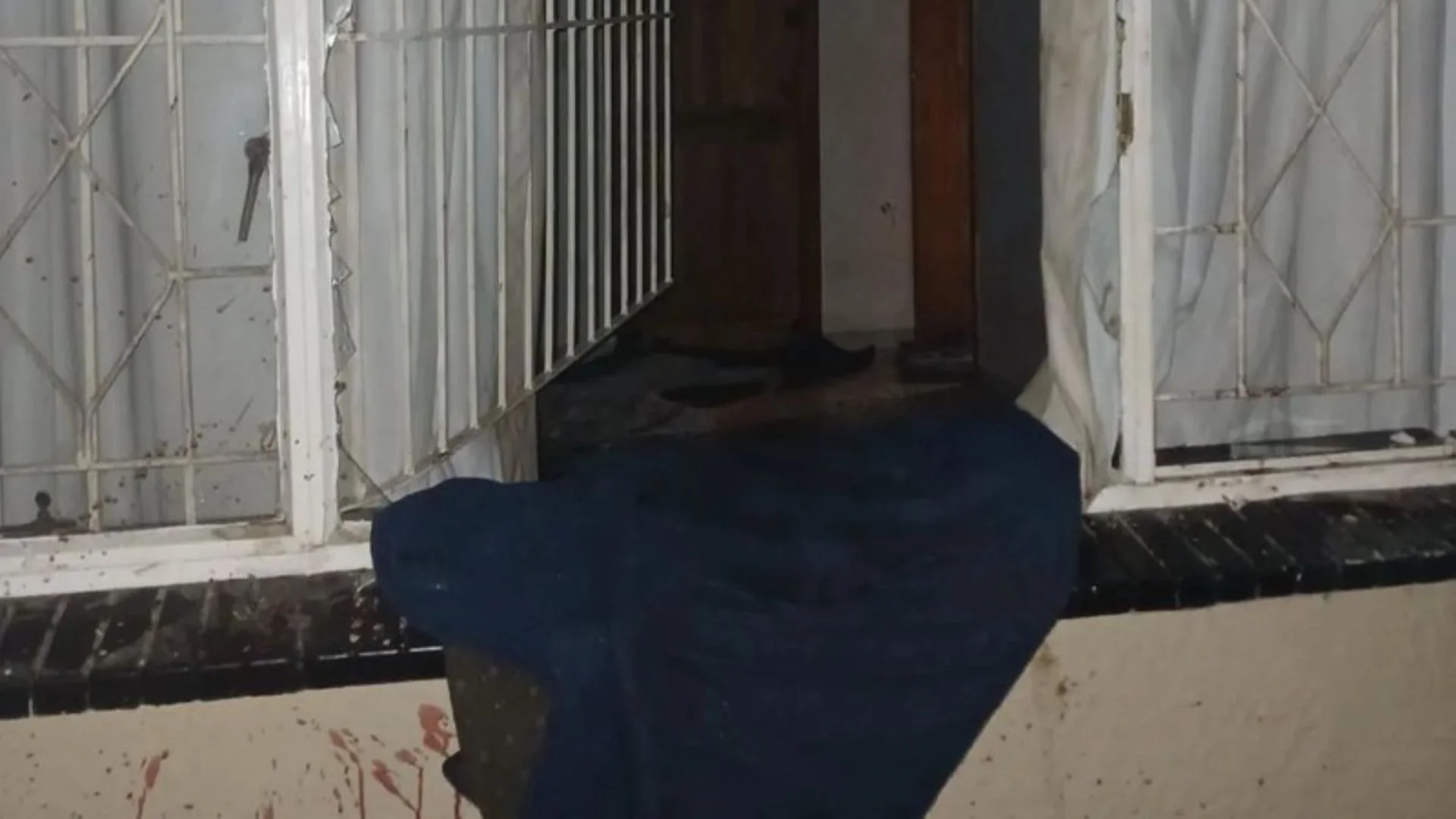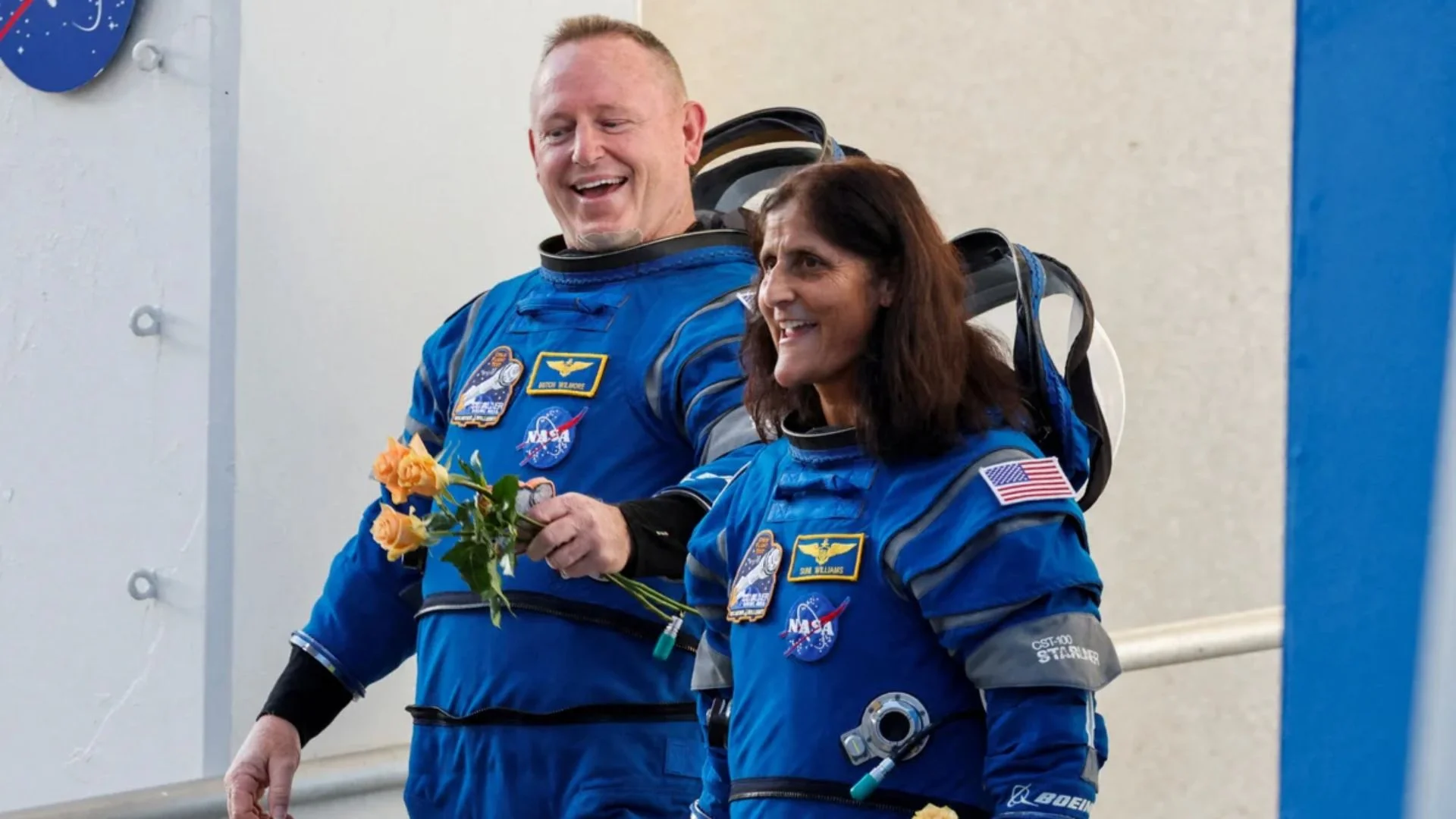Vaccination for everyone is a global challenge. The world cannot get rid of Covid-19 unless and until the entire population in a country hit by the deadly virus gets vaccinated. Even after that, no country can claim for sure to be absolutely Covid-free because of the new variants of the virus which have further magnified the challenges posed by the pandemic.
Global challenges require a global effort. India has contributed significantly so far by sharing the burden of global challenges. As per the latest figures from Johns Hopkins University, it is estimated that around 110 million people have been infected with the novel coronavirus in the entire world and more than 2.4 million have died so far.
It has been reported that 75 percent of the vaccination done worldwide includes only 10 countries. More surprisingly, around 130 countries have not received even a single dose of a Covid vaccine. Recently, French President Emmanuel Macron urged Europe and the US to send up to 5 percent of their coronavirus vaccines to developing nations immediately. As per the White House, US President Joe Biden is likely to announce a support of $4 billion in funding for a global vaccination scheme. The World Bank has also announced $12 billion to support the Covid vaccination programme in Africa. UN chief Antonio Guterres has also pushed for a global plan for vaccination.
As per reports available, India has expedited its vaccine manufacturing to supply vaccines to 60 countries in the coming months. India has already despatched consignments of vaccine doses as gifts to countries such as Bangladesh, Nepal, Bhutan, the Maldives, Mauritius, Sri Lanka, Bahrain, Myanmar, the Seychelles, Oman, Afghanistan, Barbados, and Dominica.
According to Shahid Jameel, an Indian virologist known for his research on the hepatitis E virus, currently the Director of the Trivedi School of Biosciences at Ashoka University and formerly the chief executive officer of the Wellcome Trust DBT India Alliance, “India’s strength is its manufacturing capacity and it is already helping other low- and middle-income countries, both in the region and elsewhere, with vaccine doses. These are both GoI gifts as well as commercial partnerships. Serum Institute is also a part of the Covax partnership through which it received $300 million to supply vaccines to LMICs. That has also started rolling out Covishield. India is playing a useful role that will help consolidate its position as a responsible nation and reliable partner.”
Seyed Ehtesham Hasnain, Professor at IIT-Delhi, former Vice Chancellor of Jamia Hamdard and an eminent immunologist who was Member (2004-14), Scientific Advisory Council to the Prime Minister of India, on the viability and efficacy of the Indian vaccines said, “There is no doubt about the role of vaccination in preventing the infection. There are enough reasons to believe that these vaccines will work. My feeling is that vaccination is absolutely important, but in India, we are looking at a very different scenario that people are not able to explain. Why are the overall disease burden, infection rates and mortality much less in India? The basic hypothesis includes what we think could be happening, but nonetheless, it will take some time to figure out the reason why India is behaving very differently. One of the major problems in India is that vaccinating everyone is not enough. We also need to find out those who have been vaccinated, what the level of antibodies they are developing is, and how the antibody response is lasting in them.”
Dr Hasnain also feels, “We are going in for a second booster. There is also a question about whether the second booster would be after four weeks or should it be extended by another two or three weeks. These questions have remained unanswered. At this point of time, it is very difficult to predict which would be the correct answer. The fact is that India is doing much better. But now we are seeing a resurgence in a big way. Variants have made one of the vaccines irrelevant in South Africa where one can see a surge of infections and deaths. Those vaccines depend on a particular site on the spike protein. These vaccines will run the risk of not being effective if we are infected with a variant.”
“Fortunately, in India, our own vaccine, Covaxin, which is the inactivated complete virus, will very likely continue providing protection even when one is infected with the variant strains. The resurgence is not only in India; even America is expecting a second wave. The second wave of Covid is not new. There was already a prediction by a group in MIT based on mathematical modelling that there would be a strong second wave which would be more intense than the first wave. At this point in time, one must continue to maintain normal precautionary measures such as physical distancing and wearing a mask to prevent getting infected, even after getting vaccinated,” said the former Jamia Hamdard VC.

